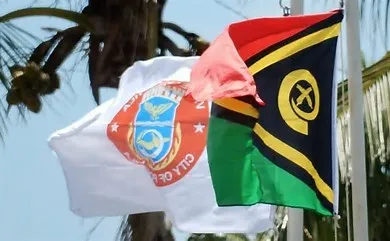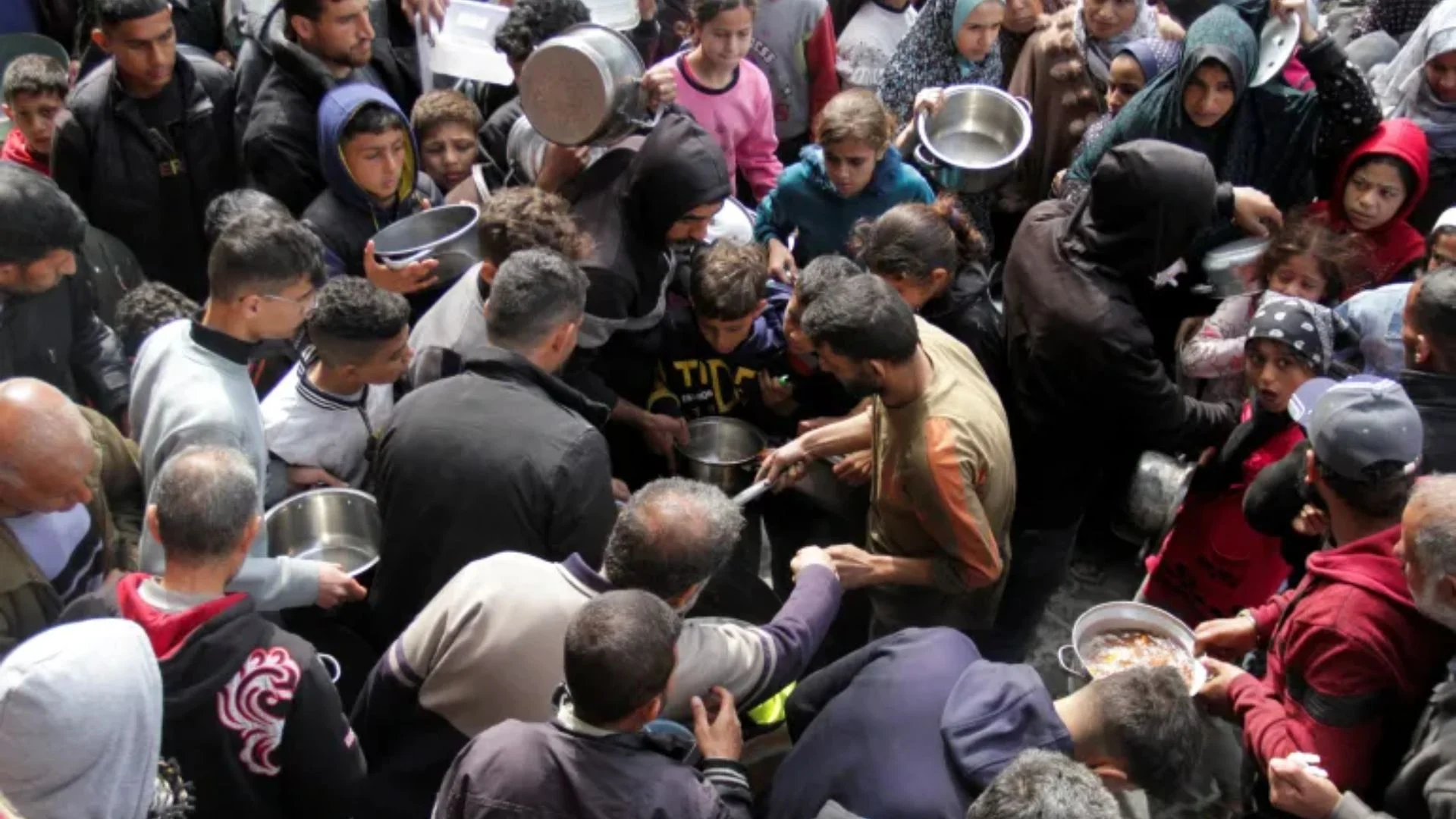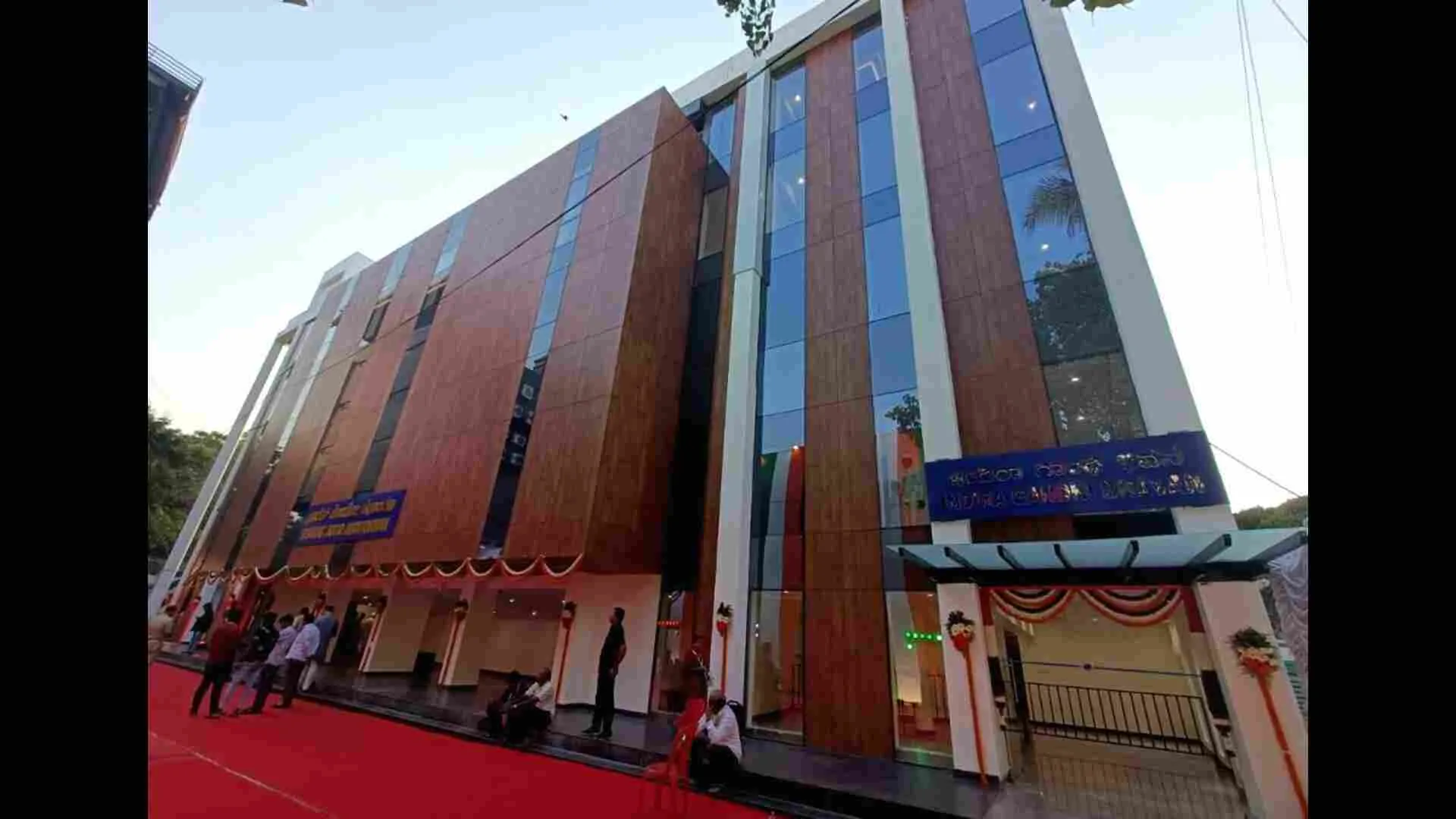The Supreme Court in the case Delhi commission for protection of child rights v UOI observed and issued in a petition filled by the Delhi Commission for Protection of Child Rights (DCPCR) challenging the 2021 amendment made to the Juvenile Justice (Care and Protection) Act 2015 (JJ Act), which came into force on 1st September, 2022, whereby certain categories of offences against children have been made non-cognizable.
The bench comprising of Justice D.Y. Chandrachud and the Justice Hima Kohli observed, the counsel, Advocate, Mr. Preteek K Chadha appearing for DCPCR argued that the amendment sets out a less stringent standard than the Code of Criminal Procedure, 1973 or the unamended JJ Act.
However, the commission is challenging the 2021 Amendment to the extent it made the following categories of offences non-cognizable:
A. Using of children for drugs peddling
B. Using of children by terrorists
C. Exploitation of the child employee
D. Cruelty against the children
It was observed when the offences are non-cognizalbe, the police cannot register FIR and the investigation can commence only on the basis of a complaint filed before the concerned Magistrate.
Further, in 2021, the Juvenile Justice (Care and Protection of Children) Amendment Act, 2021 was passed to amend various provisions of the Juvenile Justice Act, 2015 which received the assent of the President on 07th August 2021. As the Amendement Act is yet to be notified. Thus, there are 29 Amendments carried out in the Juvenile Justice (Care and Protection of Children) Act, 2015 by the Amendment Act, 2021.
It is stated that Section 26 of the Amendment Act categorizes serious offences i.e., offences with an imprisonment for a term of three years and above, but not more than seven years as non-cognizable offence. Such offences include sale and procurement of children, employment of children for child begging, exploitation of child employee, giving intoxicating liquor or narcotic drug to a child, etc.
It is argued by the commission that such categorization violates Article 14 and 21 of the Constitution of India and also various other international obligations under the United Nations Convention on the Rights of the Child for which India is a signatory. However, such categorization is contrary to the scheme of the Juvenile Justice Act which is progressive in nature and protects children against all forms of exploitation.
Before the Court, it was argued that the categorization is also contrary to the general scheme of IPC wherein offences punishable with imprisonment for more than three years are categorized as Cognizable whereas offences are punishable with imprisonment for up to three years as non-cognizable offence. Consequently, there is no reasonable justification or rational nexus sought to be achieved by reclassifying the cognizable offences as non-cognizable offences.
The petition stated that on 08.04.2022, it is mentioned that five State Commissions for Protection of Child Rights representing the States and Union Territories of Chandigarh, Delhi, Punjab, Rajasthan and West Bengal in exercise of their powers vested under Section 15 of the Commissions for Protection of Child Rights Act, 2005 recommended to the Government of India that a Bill be tabled in the Parliament for further amending the Juvenile Justice Act, 2015 in order to restore the cognizability status of the serious offences under the Juvenile Justice Act, 2015. It is stated by DCPCR that no such response has been received from the Central Government on the recommendations.
Against this backdrop, the plea has been filled seeking a declaration that declaring the amendment to Section 86 of the Juvenile Justice (Care and Protection of Children) Act, 2015 by way of Section 26 of the Juvenile Justice (Care and Protection of Children) Act, 2021 as unconstitutional and violative of Articles 14 and 21 of the Constitution of India to the extent it makes offences under the Act which are punishable with imprisonment for a term of three years and above, but not more than seven years as non-cognizable.

















